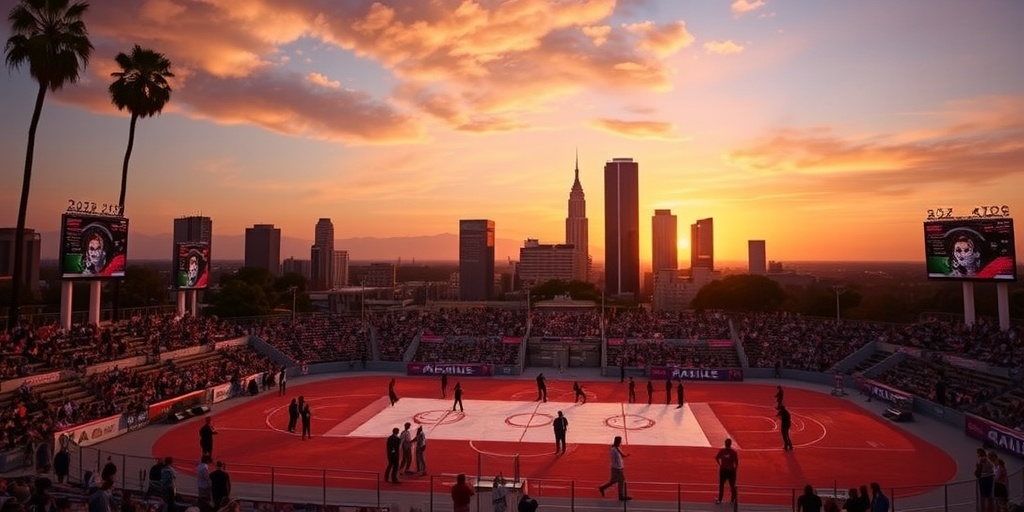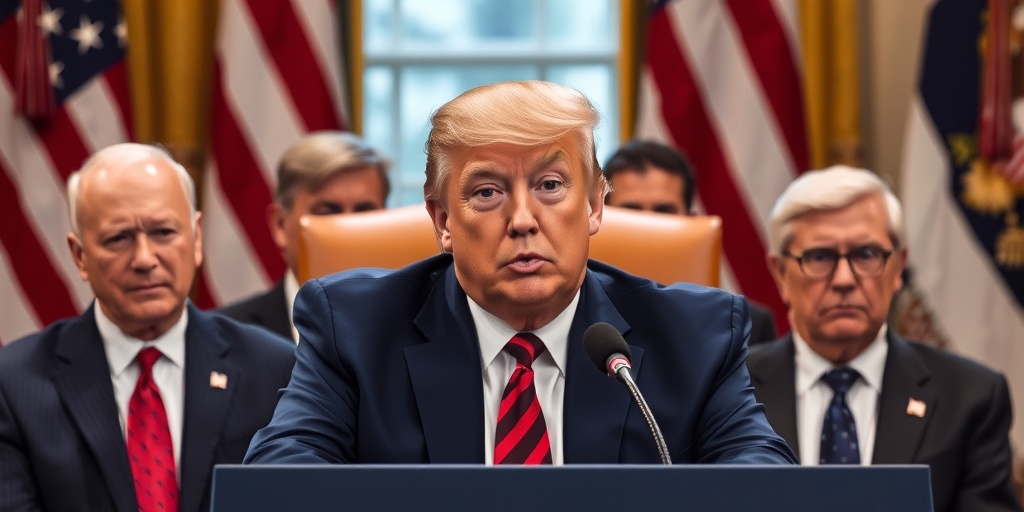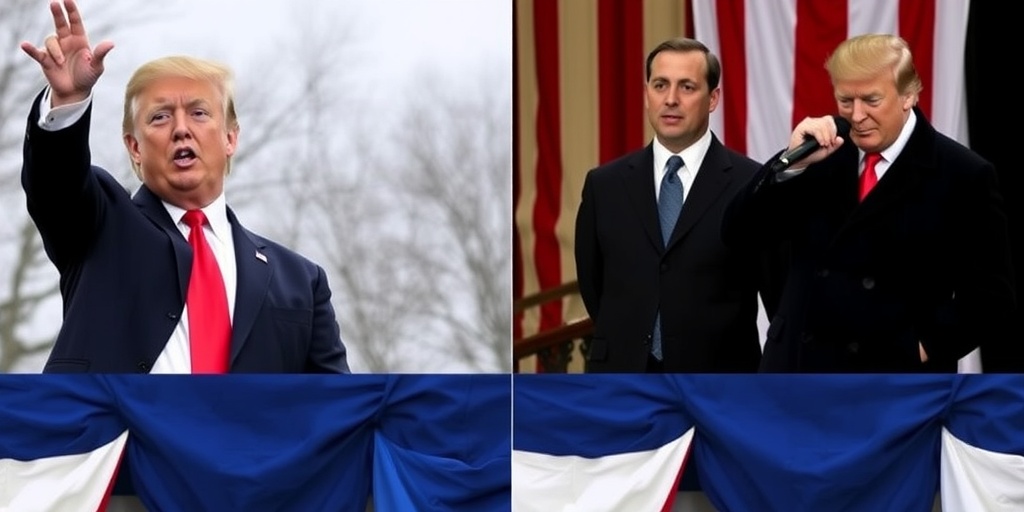Now Reading: LA’s Fire Risks Complicate 2028 Summer Games
-
01
LA’s Fire Risks Complicate 2028 Summer Games
LA’s Fire Risks Complicate 2028 Summer Games

Los Angeles Faces Mounting Challenges Ahead of 2028 Olympics Amid Wildfire Crisis
For the past seven years, the anticipation of the 2028 Summer Olympics has radiated optimism and excitement throughout Los Angeles. Originally seen as a potential source of pride and an economic boost reminiscent of the successful 1984 Games, the upcoming Olympics are now overshadowed by recent challenges, particularly the devastating wildfires that have swept across the region.
Concerns have been abundant, centering around the ongoing homelessness crisis, rising costs, and comparisons to last year’s successful Olympic Games in Paris. However, the intensity of the recent wildfires has forced many to reassess the feasibility of hosting a massive event in a city struggling to rebuild entire neighborhoods devastated by flames.
While no one is calling for a cancellation or postponement of the Games, the circumstances have compounded the complexities of organizing the event. Former City Council member Mike Bonin, a proponent of the Olympics when they were approved in 2017, described the wildfires as a "nightmare scenario," prompting serious concerns about the city’s capability to successfully host the Games. "It calls into question the city’s ability to deliver the Olympics," Bonin remarked, urging officials to consider whether this immense task can be managed.
The wildfires have wreaked havoc across Los Angeles, leading to widespread destruction and mandatory evacuations for residents. Many have been forced to abandon their homes and belongings, grappling with the stark realities of a city in turmoil. As the Summer Games are slated to occur in July 2028, city officials contend that they will still be entrenched in the process of rebuilding homes, businesses, and public spaces lost to the flames.
The Olympics will incorporate nearly 50 venues scattered throughout the Los Angeles area, covering locations from Temecula to the San Fernando Valley. The logistics of moving potentially 15 million visitors through a city notorious for its traffic congestion poses an array of challenges, already complicated by the need for extensive infrastructure repairs due to the fire damage.
Moreover, the financial implications of the wildfires cannot be overlooked. The cost of overtime for firefighters and police officers has already surged, adding an extra financial burden to the city’s resources. With the organizing committee responsible for raising the estimated $7 billion budget primarily through ticket sales and sponsorships, any cost overruns will fall largely on the city. Under the current contract established by the Los Angeles City Council, the city will cover the first $270 million in any excess costs, a scenario that becomes increasingly likely as expenditures rise in the wake of the ongoing crisis.
The surprise election of Donald Trump in November has added another layer of trepidation among city officials, raising questions about potential federal assistance for the Olympic-related transportation projects that officials had promised would be completed before athletes arrive. The uncertainty surrounding government support is a lingering stressor for those overseeing preparations for the Games.
Nonetheless, there exists a semblance of hope among officials. One silver lining is that most Olympic events will occur in existing venues, such as the Los Angeles Memorial Coliseum and the Rose Bowl in Pasadena, limiting the immediate need for construction and allowing resources to be redirected towards recovery efforts.
Despite the ongoing challenges, some city leaders express confidence that Los Angeles can rise above its current crisis. Mayor Karen Bass, currently focused on protecting residents and properties from the fires, along with representatives from the organizing committee, have voiced their belief in the city’s resilience. “Los Angeles is defined by its resilience and determination,” stated Casey Wasserman, chairman of LA2028, reaffirming that the spirit of the city would shine brightly during the Olympics.
However, the question of prioritizing the Games amid widespread destruction looms large. Jadrian Wooten, a Virginia Tech professor specializing in sports economics, highlighted the balancing act ahead: allocating resources for the Olympics while addressing the immediate needs following the wildfires will be crucial for the city’s recovery.
Critics of the Olympics have also seized upon the fires as a focal point for their opposition, arguing that public resources should not be devoted to a major international event when there are pressing local needs to address. Eric Sheehan, a leader of the NOlympics LA organization, asserted that the focus should be on local crises rather than funding a "global party-cum-TV show."
As city officials continue to navigate the crisis in real-time, many are reluctant to comment publicly on the future of the Olympics. Still, they are committed to the idea that hosting the Games can serve as a catalyst for renewal. Some, like former city controller Wendy Greuel, believe that the Olympics could symbolize the city’s rebirth from devastation, shining a spotlight on Los Angeles as it works to rebuild.
Zev Yaroslavsky, a former supervisor, emphasized the need to balance Olympic preparations with the city’s immediate priorities. Despite the challenges, he reaffirmed the potential of the Games to highlight the resilience and spirit of Los Angeles.
In this critical juncture, the outlook for the 2028 Olympics hangs in a delicate balance. As Los Angeles grapples with disaster recovery and the intricacies of staging a monumental event, the city’s path forward will be carefully watched by both supporters and detractors, all keenly aware of the significant stakes involved.
Stay Informed With the Latest & Most Important News
Previous Post
Next Post
-
 01New technology breakthrough has everyone talking right now
01New technology breakthrough has everyone talking right now -
 02Unbelievable life hack everyone needs to try today
02Unbelievable life hack everyone needs to try today -
 03Fascinating discovery found buried deep beneath the ocean
03Fascinating discovery found buried deep beneath the ocean -
 04Man invents genius device that solves everyday problems
04Man invents genius device that solves everyday problems -
 05Shocking discovery that changes what we know forever
05Shocking discovery that changes what we know forever -
 06Internet goes wild over celebrity’s unexpected fashion choice
06Internet goes wild over celebrity’s unexpected fashion choice -
 07Rare animal sighting stuns scientists and wildlife lovers
07Rare animal sighting stuns scientists and wildlife lovers




















